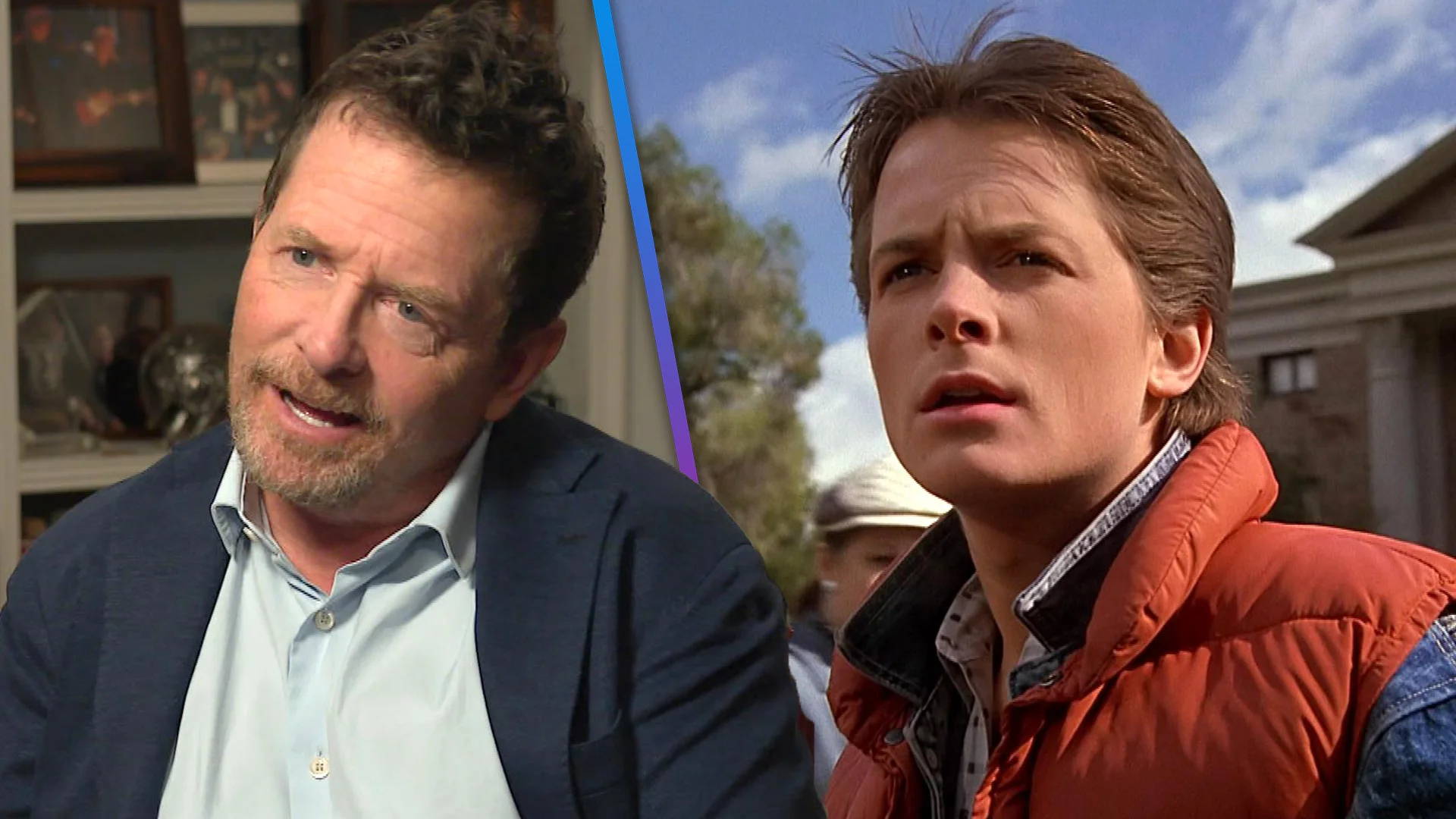Michael J. Fox, renowned for his role in “Back to the Future,” as Marty McFly, described Parkinson’s disease as a “gift that keeps on taking.” He opened up about the various challenges he faced due to the illness.
The interview revealed that the 61-year-old activist and former Hollywood actor was diagnosed with young-onset Parkinson’s disease a year following the release of “Back to the Future Part III” in 1990.

During the conversation with Jane Pauley, Fox expressed his difficulties, stating,
“It sucks, having Parkinson’s … It’s getting tougher, it’s getting harder, every day you suffer but that’s the way it is.”
The illness is known for causing progressive damage to parts of the brain over many years. Its primary symptoms include involuntary shaking or tremors, slowed movement, and stiff, inflexible muscles.
Fox shared his personal struggles with the condition, revealing a series of injuries from falls, including fractures to his facial bones and other body parts, as well as a benign tumor on his spine.
He further added,
“All these subtle ways that get you, you don’t die from Parkinson’s, you die with it. I’m not going to be 80. I won’t be 80.”

Despite these hardships, Fox talked about recognizing the difficulties others face and his own. He mentioned his unique abilities to handle such challenges and the role of gratitude and optimism in sustaining him.
He emphasized,
“If you can find something to be grateful for then you find something to look forward to and you carry on.”

Fox is also the founder of the Michael J Fox Foundation for Parkinson’s Research, established in 2000. According to the charity’s website, the foundation has raised more than $1.75 billion for research funding.
Notably, the foundation supported a study, published in April, claiming to have discovered a biomarker for Parkinson’s disease.

Reflecting on this significant breakthrough, Fox remarked,
“This changes everything. I know where we are right now. In five years, they will be able to tell if you have it, they will be able to tell if you’re ever going to get it and we’ll know how to treat it.”


